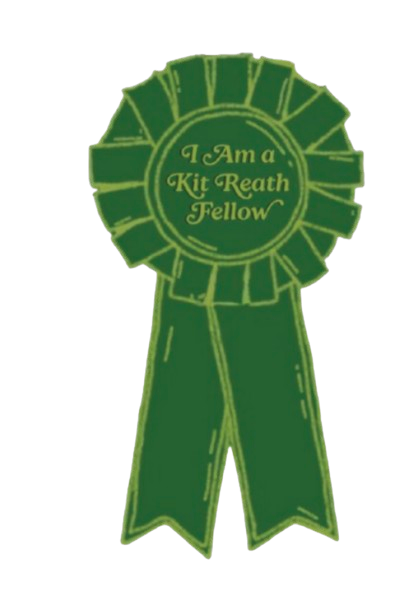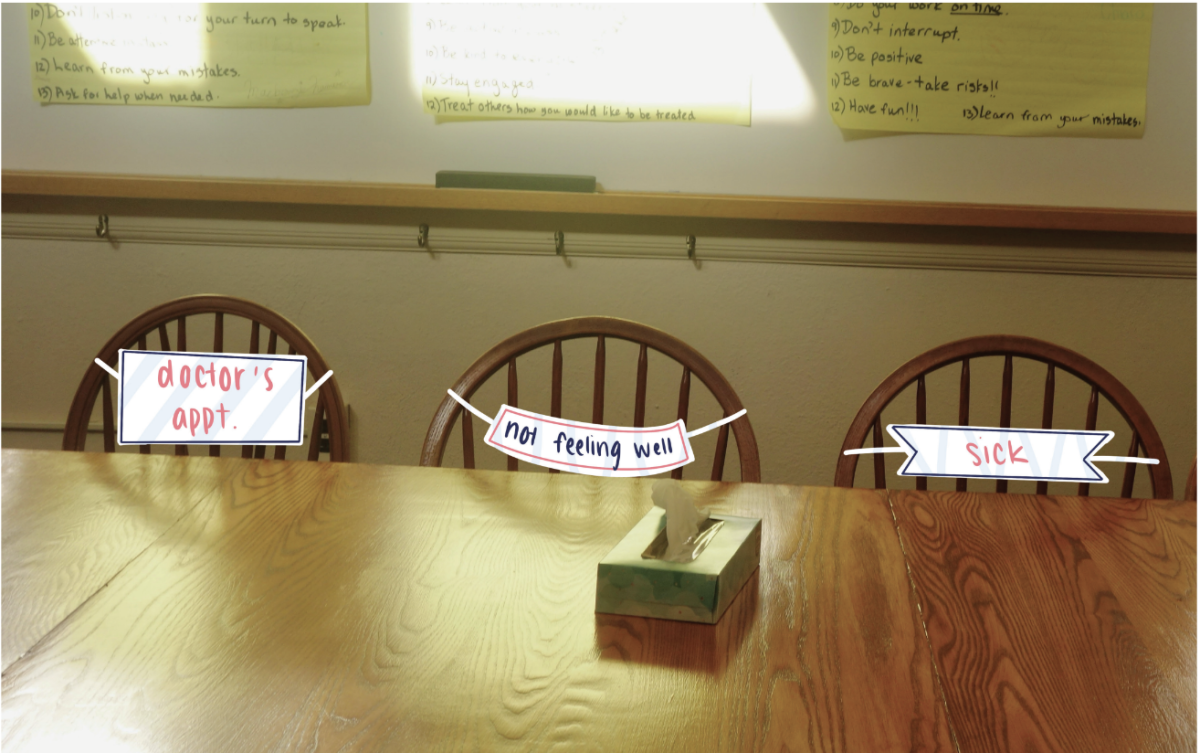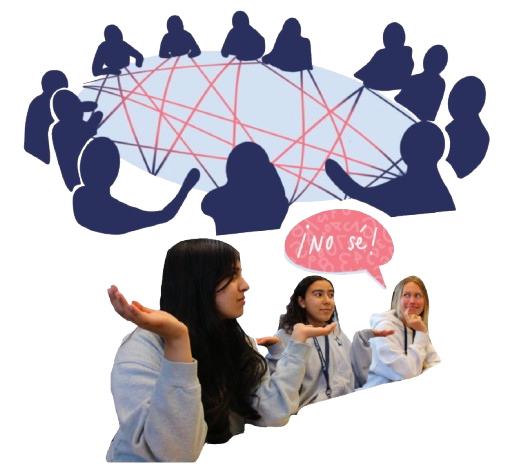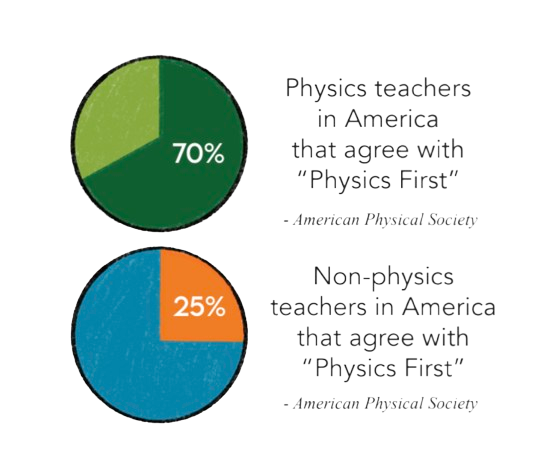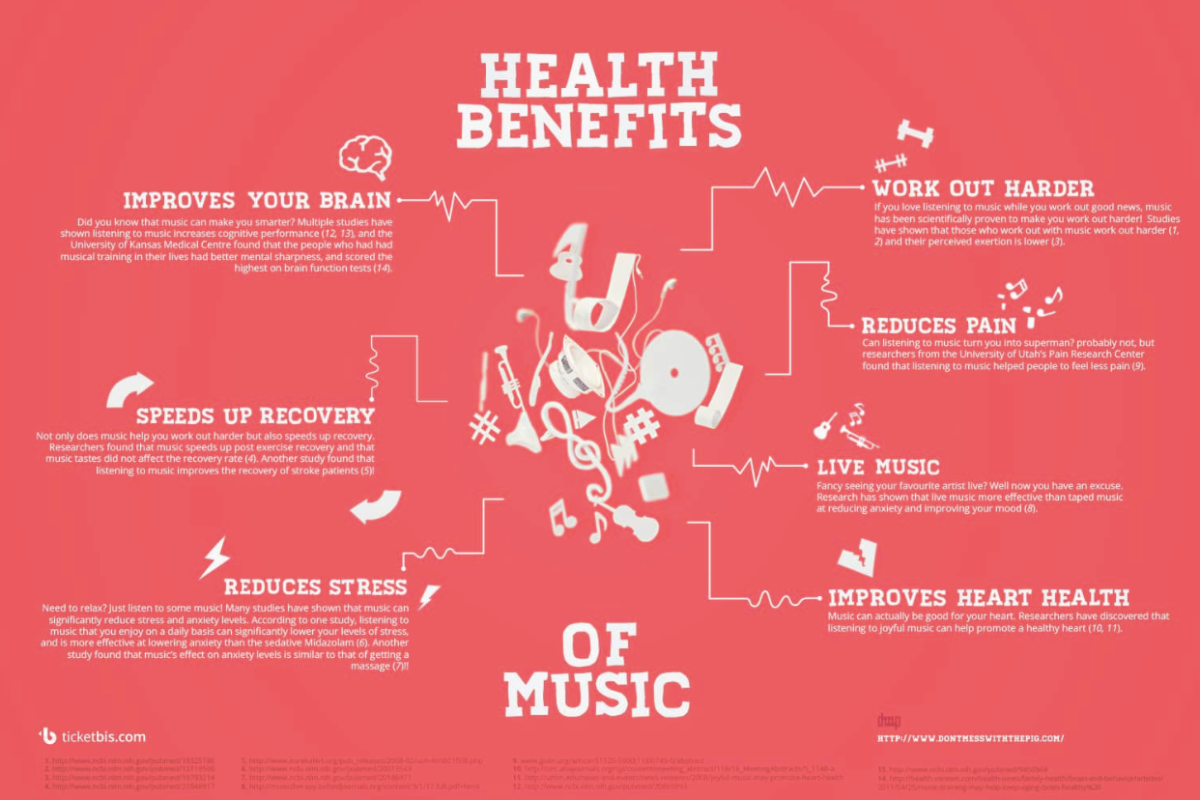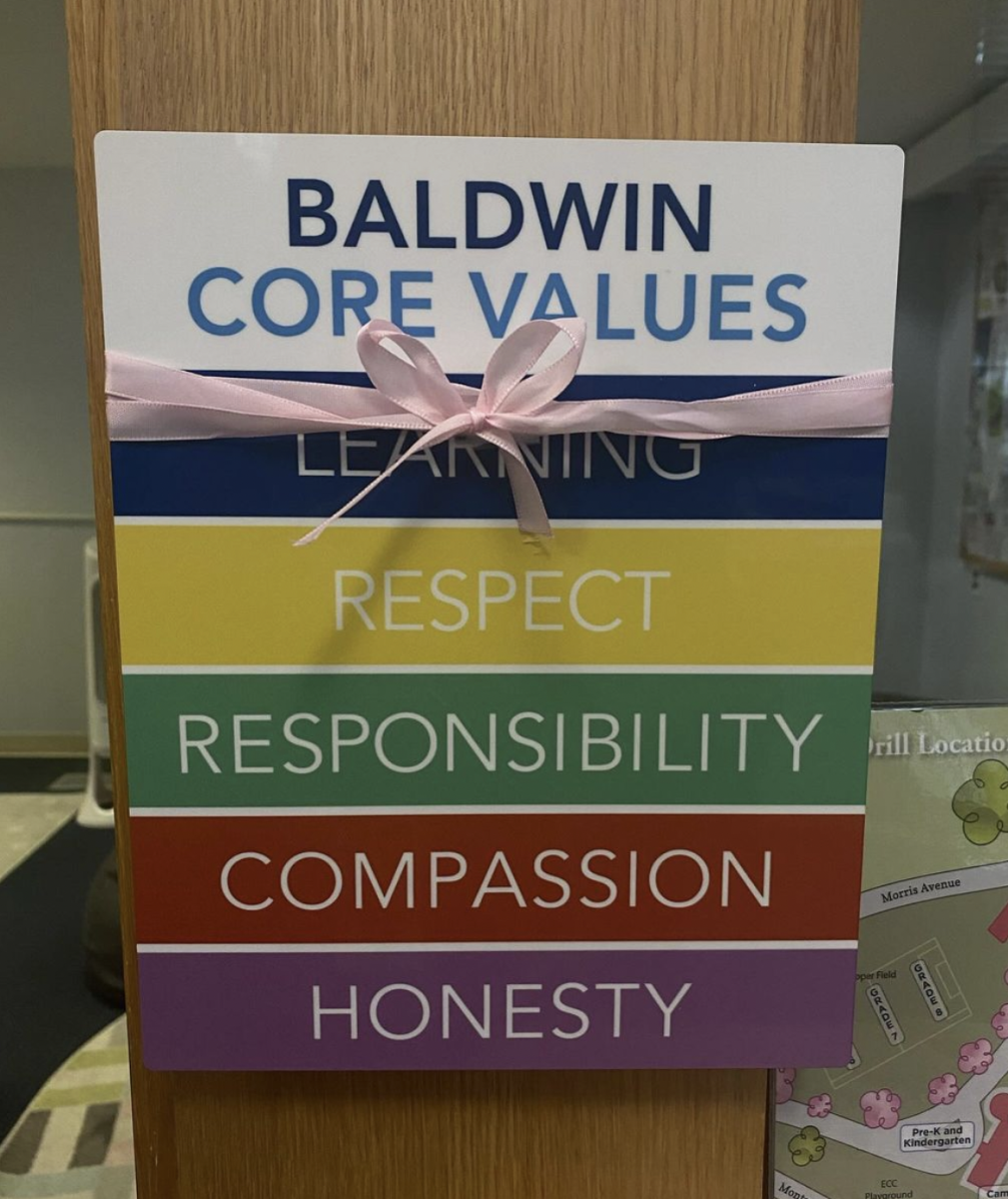Complaisance: The Killer of Conversation
Why respectful disagreement is more important than you think
Design and graphics by Leela Rajagopal ’25
Design and graphics by Leela Rajagopal ’25
On October 19, 2022, the Editors-in-Chief of The Hourglass had a fundamental, impassioned, and high-stakes disagreement. Similar debates could be heard in the Blue Hallway, and throughout the Schoolhouse. But what could cause such an in-depth discussion, with heated words flying back and forth across the AT Physics classroom?
Taylor Swift’s new album Midnights, that’s what.
In short, Makenna was a supporter at first listen, but Izzy. . . had her reservations. What followed was an intense dispute, with claims that each side had fundamental flaws in their argument. But in the end, Makenna conceded that perhaps some songs were less than perfect, and Izzy was inspired to give the album a second chance. And to her surprise, after giving Midnights some time to grow on her, Izzy found that she was a fan of the album after all.
This give-and-take, and the lessons learned along the way, caused your fervent, Taylor Swift-loving Editors-in-Chief to reflect on the intrinsic value of productive disagreements. After all, if we hadn’t clashed over the chart-topping album, Izzy’s Apple Music Replay might be free of Taylor’s latest release, and Makenna might still be defending the lyric “karma is a cat.”
Many of the best arguments end this way: You realize that, in one way or another, you were wrong. This can be hard to admit, but it can also be liberating, and sometimes even life-changing. Taking other people’s opinions into account, the very rudimentary definition of “empathy,” is often the root of positive change. True, a debate over pop music isn’t earth-shattering. However, serious, respectful conversation with someone from a different background, generation, or party might be.
When it comes to discussions about these larger, looming issues, our society has fallen short: in our current divisive political environment, we’re often too quick to dismiss those we disagree with, while embracing voices that support our own entrenched perspectives. But it is through disagreement that we learn the most about others and about ourselves, and are prompted to rethink outdated or uninformed positions that hinder our growth.
However, not all disagreements end with both parties learning and growing. Sometimes, the best conclusion is a simple: “Let’s agree to disagree.” These disputes, too, are crucial, because they teach us the importance of respecting the differing opinions of others. You walk away considering the other person’s point, even if you believe you may never truly align with their opinion.
Then there are disputes that end in plain old dissatisfaction, anger, confusion, and hurt. This may be where you need to prioritize your own peace and shut down a disagreement before it gets out of hand. Your well-being– whether that be emotional or physical– is always most important. While we encourage thoughtful disagreement, if you sense that a discussion is on track to devolve into a fight, it’s likely time to end the conversation.
Moreover, there are some things that are never up for debate. For example, a person’s identity should never be disputed. Horrific historical events like slavery or the Holocaust should never be denied or justified.
But in general, when carried out respectfully and earnestly, disagreements can encourage us to think through why we believe what we do and inspire self-reflection. They can develop our self-confidence and self-awareness, and help us build deeper, more understanding relationships. These conversations often catalyze real, thought-provoking analysis and change.
This all starts with our differences; everything that makes us uniquely ourselves. And these varying opinions, however contrasting or controversial they may be, are what unite us. The irony runs deep, but disagreements are a rare constant in life.
Don’t succumb to complacency or self-doubt and agree with someone because it’s easier or because you’re afraid. Have those hard conversations. Get comfortable being uncomfortable, and push yourself to grow. This Issue’s centerfold offers the perfect jumping-off point.
It’s full of our staff writers’ piping hot takes, and we hope you disagree vehemently with them. Do you hate pickles? Do you think the suburbs are the best place to live? Do you believe The Bee Movie is the worst movie ever made?
Let the debates begin.

